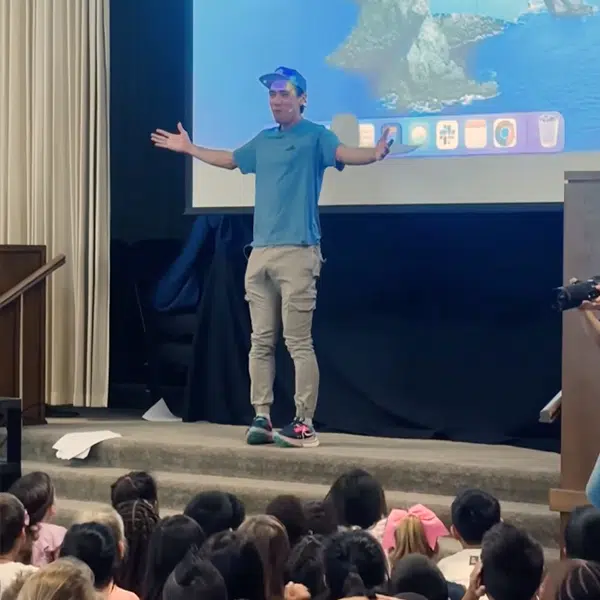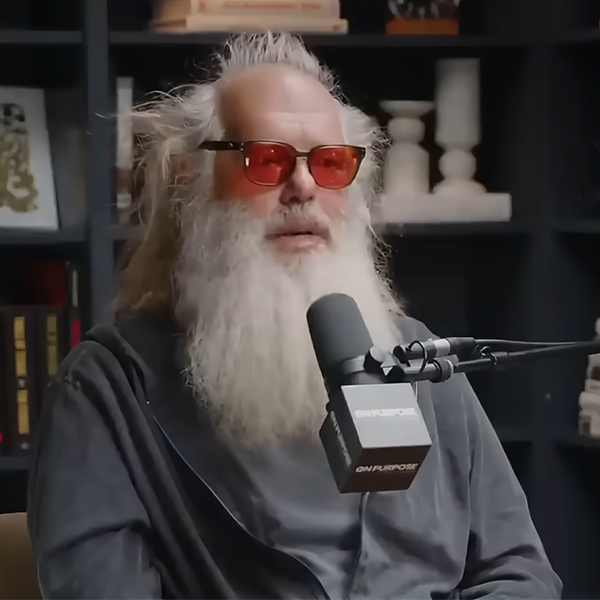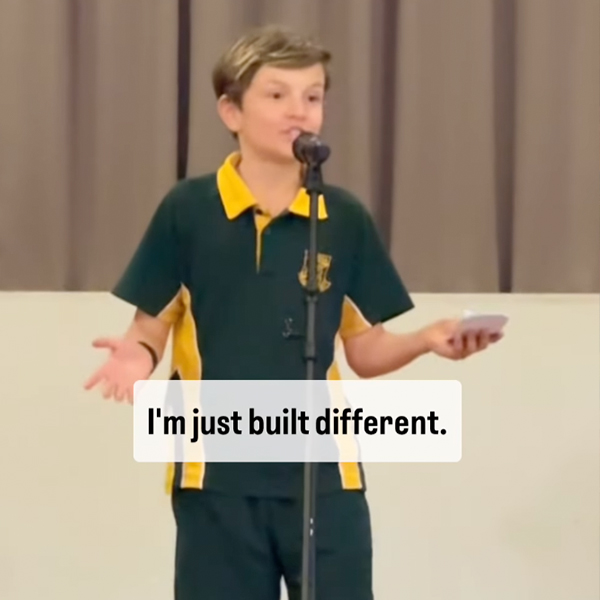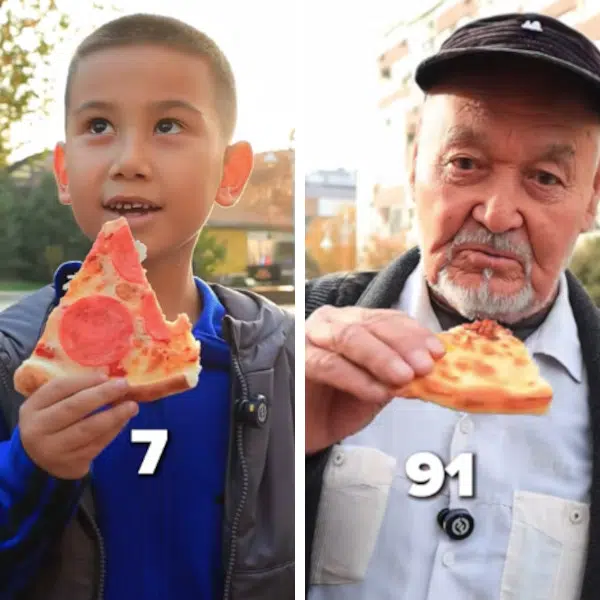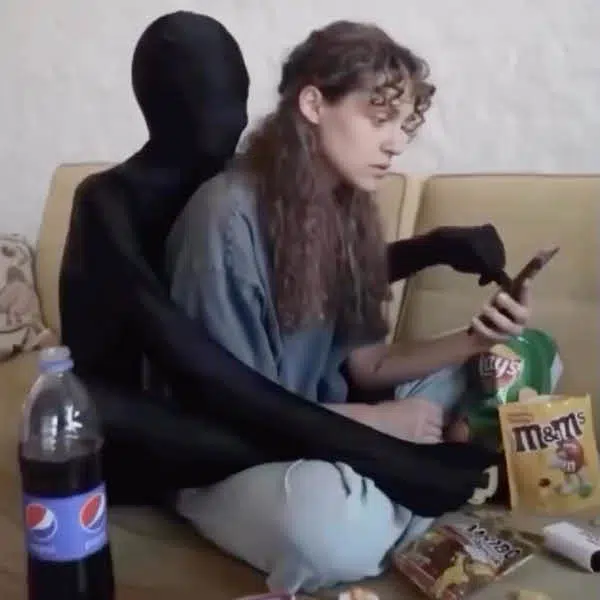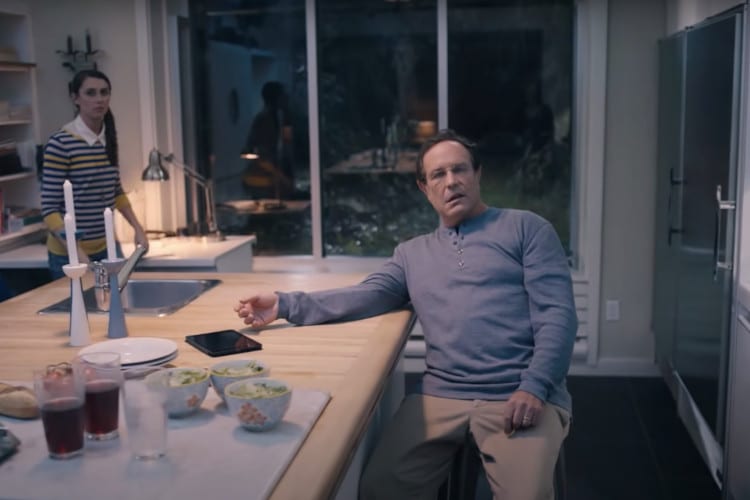
Photo: Screenshot from YouTube
According to the FDA, stroke is the fifth leading cause of death and a leading cause of serious disability in the United States. That's why knowing the first signs can save a life. But what are the signs of a stroke? The Heart and Stroke Foundation of Canada produced an informative and straightforward video demonstrating how the symptoms look in realistic detail.
The video begins from the point of view of the mother, and it depicts the family getting ready for dinner. They are casually chatting, when the daughter says “Dad, a side of your face is drooping—mom?” The father slurringly tries to reply “It's probably nothing.” The mother then asks him to raise his hands in the air, but after failing to do so, instructs the girl to call 911 to let them know that he looks like he is having a stroke.
As the paramedics arrive and the dad is taken away, the family looks visibly upset. The video depicts the real emotions felt during an episode like this as if letting viewers know that it's understandable to be upset as it unfolds. The story then cuts to the family at the hospital. While the husband lies on a bed wearing a robe, the doctors tell them that thanks to their quick reaction, the man is expected to make a full recovery.
The video then introduces the signs of stroke under the acronym FAST: “Face—Is it drooping? Arms—Can you raise both? Speech—Is it slurred or jumbled? Time to call 911 right away.” While the video may be a hard watch for some, it has been praised for its true depiction of the symptoms.
To learn more about the early signs of a stroke, visit the Heart and Stroke Foundation of Canada's website.
The Heart and Stroke Foundation of Canada produced an informative and straightforward video to spot the signs of a stroke.
Heart and Stroke Foundation of Canada: Website | Facebook | Instagram | YouTube
h/t: [Reddit]
Related Articles:
News Anchor Has “Beginnings of a Stroke” on Live TV, Colleagues Rush To Help
Cat Saves Owner From a Heart Attack by Jumping on Her Chest
Basketball Hero Saves Ref’s Life After Collapse From Heart Attack
Mental Health Lifeline (988) Is Reaching More People in Need, Early Data Suggests












































































